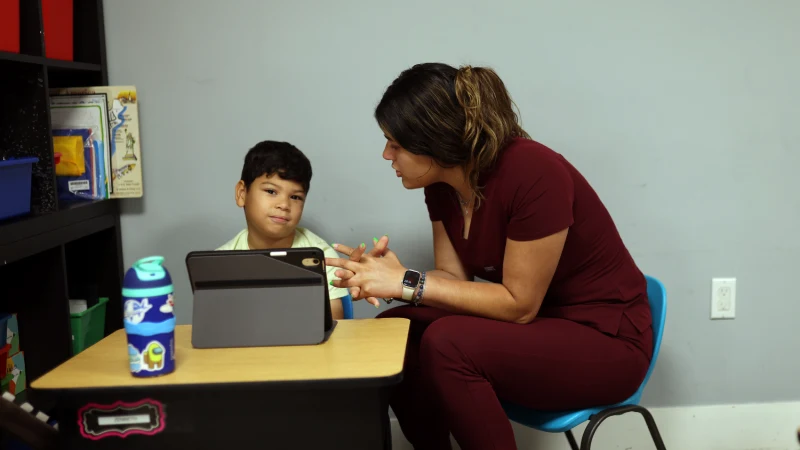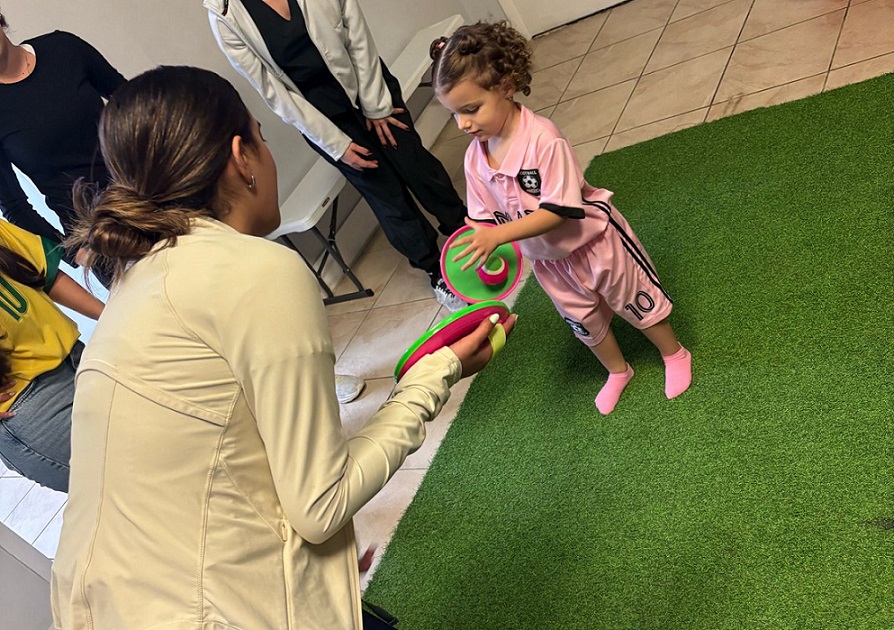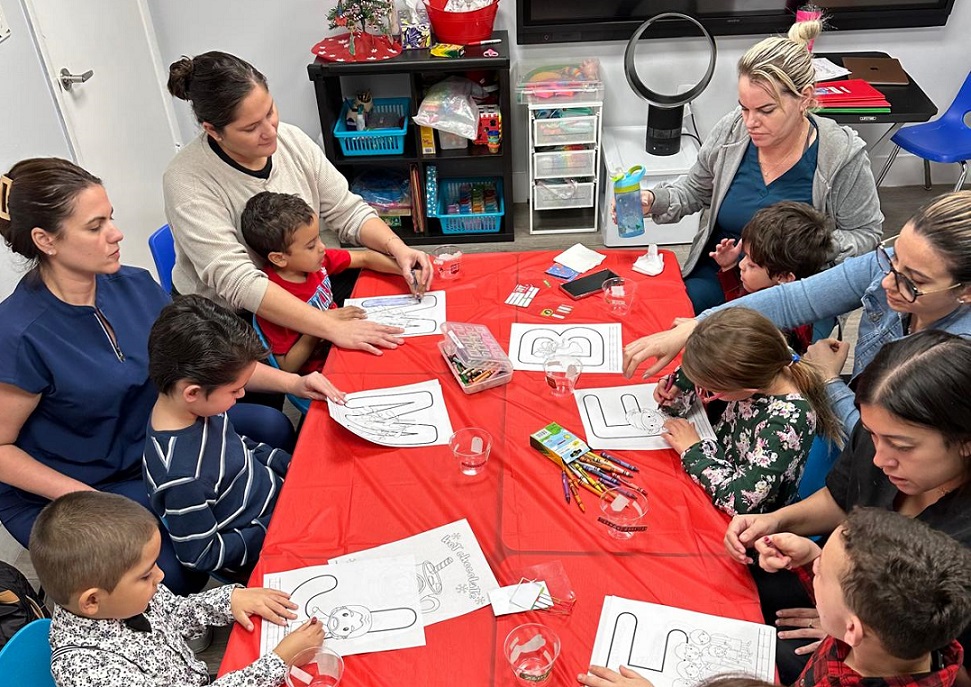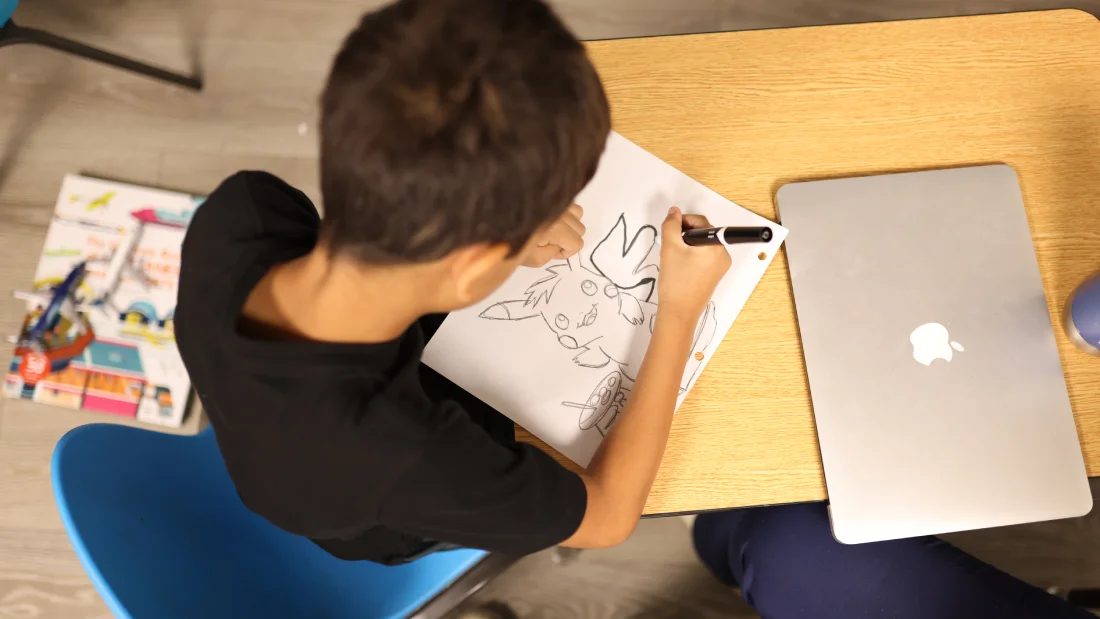Friendship is the daily source that guarantees our happiness in times of need and the search for hope. However, for autistic people, building friendships can be complicated. As such, this interaction can be very different: communication may require adjustments, and social opportunities are more limited if the right support is not provided.
Nevertheless, autism and friendship can develop harmoniously when strategies are applied to facilitate a real connection. In this article, we will explore five powerful tips that help strengthen social bonds, promoting understanding, trust, and active participation in social and family environments.
If you are looking for ways to improve your autistic child’s well-being, keep reading and discover how to help them foster meaningful social relationships.
Understanding the Connection Between Autism and Friendship.

Friendship is an essential component of our emotional well-being. For individuals with autism, these personal dynamics can represent a real challenge. Additionally, the way they respond to social interactions often differs from the norm, making it difficult to create and maintain meaningful peer relationships.
Therefore, it is vital to understand how the relationship between autism and friendship is key to developing strategies that facilitate that connection. In this section, we will discuss the factors that affect socialization in children with autism and how small changes can lead to stronger and more enriching relationships in their lives. Among these factors are:
1. Differences in Social Interpretation:
- Autistic children have difficulties interpreting body language and facial expressions.
- Clear communication is essential to help them understand others’ emotions.
2. Preferences in Socializing:
- Some autistic individuals enjoy friendship differently, with less frequent interactions.
- Respecting their preferences and trying to connect without pressure can strengthen that relationship.
3. Sensory Sensitivity and Its Effects on Socialization:
- Sensory overload can cause autistic children to avoid certain social environments.
- Quiet spaces and sensory adjustments can help improve these interactions.
4. Need for Routines and Predictability:
- Friendships thrive on clear interactions that respect the routines of autistic children.
- Recurring activities and predictable plans can facilitate this connection.
5. The Importance of Patience and Empathy in Relationships:
- When interacting with autistic children, we must be patient and adapt to their timing and needs.
- Fostering inclusion and understanding helps prevent social isolation.
Autism and Friendship: Clear Communication to Build Trust.
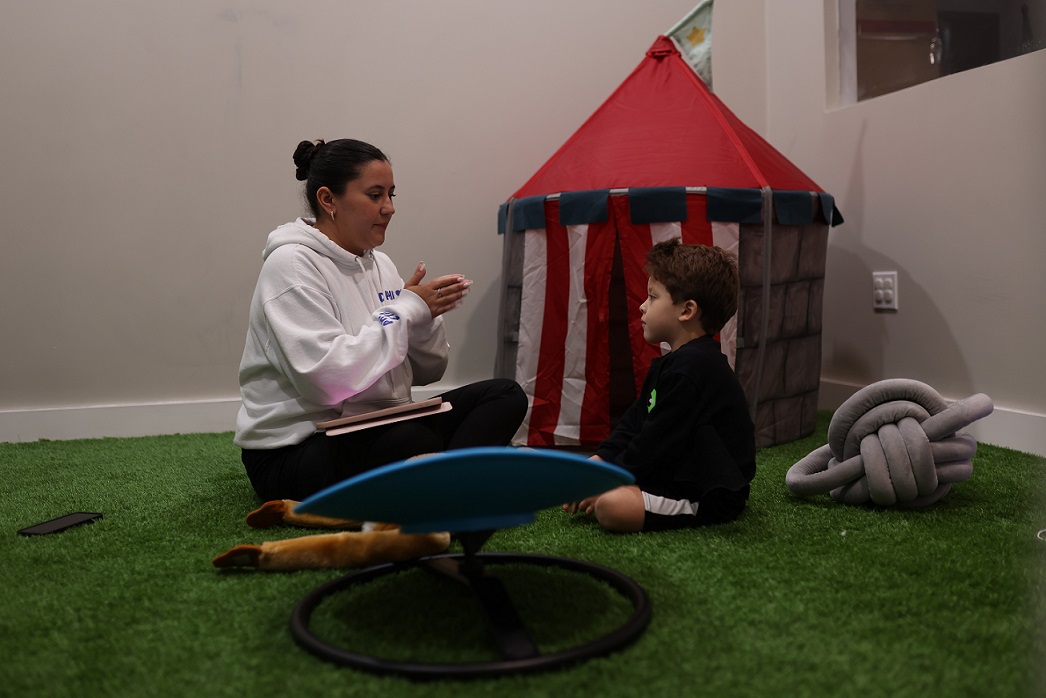
At this point, clear communication is fundamental to building strong relationships, especially in the context of autism and friendship. Moreover, children with autism spectrum disorder face real challenges in interpreting gestures or tones of voice, which makes it difficult for them to trust in social interactions.
However, when communication is adapted to their needs and becomes more structured and understandable, a space is created where connection truly flourishes. In this section, we will explore the importance of clear communication in fostering beneficial and lasting personal relationships:
1. The Impact of Communication on Friendship:
- Clarity in language reduces misunderstandings and fosters positive interactions.
- Adapted communication allows for the construction of more genuine and lasting relationships.
2. Avoid ambiguities and implicit messages:
- Autistic children interpret some expressions literally, so it is essential to convey a clear message.
- Avoiding phrases with double meanings or sarcasm can improve the fluency of this interaction.
3. Use of visual supports and structuring language:
- Images, gestures, and concrete examples facilitate understanding and trust.
- Organizing conversations step by step helps strengthen confidence in interactions.
4. Patience and time in the communication process:
- Providing additional time to process information allows them to respond more openly.
- Encouraging repetition reinforces the connection and their confidence in conversation.
5. Adapting communication to the environment and situation:
- A calm and structured environment favors better social interaction.
- Adjusting the pace of conversation to their abilities strengthens confidence and self-esteem.
5 Powerful Tips to Promote Social Connections.
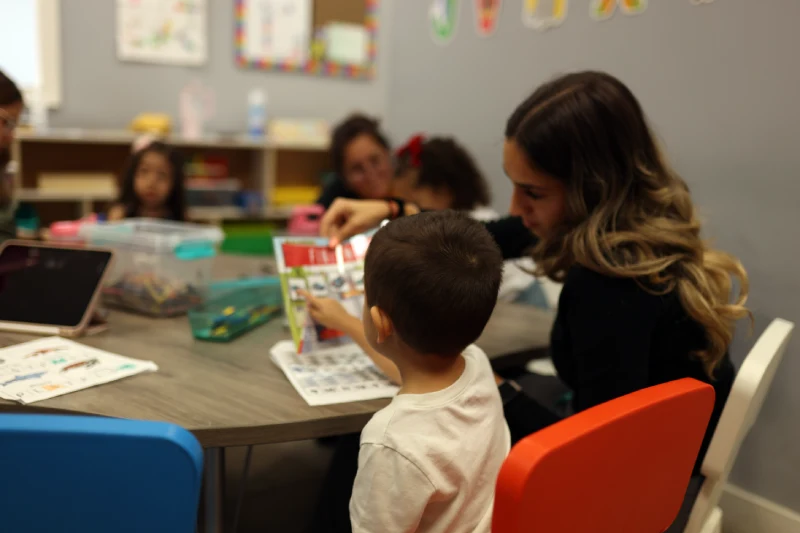
We already know that building social bonds based on the relationship between autism and friendship is fundamental for the inclusion of autistic individuals. However, interpersonal interactions in children with autism do not happen overnight. With appropriate strategies, it is possible to foster meaningful and lasting social connections.
Thus, the development of social skills not only improves the communication of autistic children but also allows them to feel part of a loving and understanding environment. Therefore, in this section, we summarize five effective strategies that will help you strengthen the ties between autism and friendship in a positive and lasting way:
1. Encourage Open and Clear Communication:
- Using simple language helps naturally strengthen the relationship with the child.
- Reinforcing communication with visual supports, such as pictograms or gestures, facilitates interaction.
2. Create Opportunities for Meaningful Interaction:
- Participating in group activities with common interests helps generate real bonds.
- Organizing structured gatherings, such as cooperative games or creative activities, boosts their confidence.
3. Facilitate Meetings in Safe and Comfortable Environments:
- Calm environments with moderate stimuli reduce social anxiety.
- Adapting the environment according to their needs promotes more effective interaction.
4. Reinforce Achievements in Socialization:
- Celebrating small advances in communication and interaction strengthens motivation.
- Using positive reinforcement, such as praise or incentives, helps consolidate their social skills.
5. Adapt Strategies According to Each Person’s Personality and Needs:
- Identifying the preferred socialization style allows for adjusting interaction techniques.
- Respecting individual timing and preferences improves the quality of relationships.
Fostering Social Opportunities in Specialized Centers.
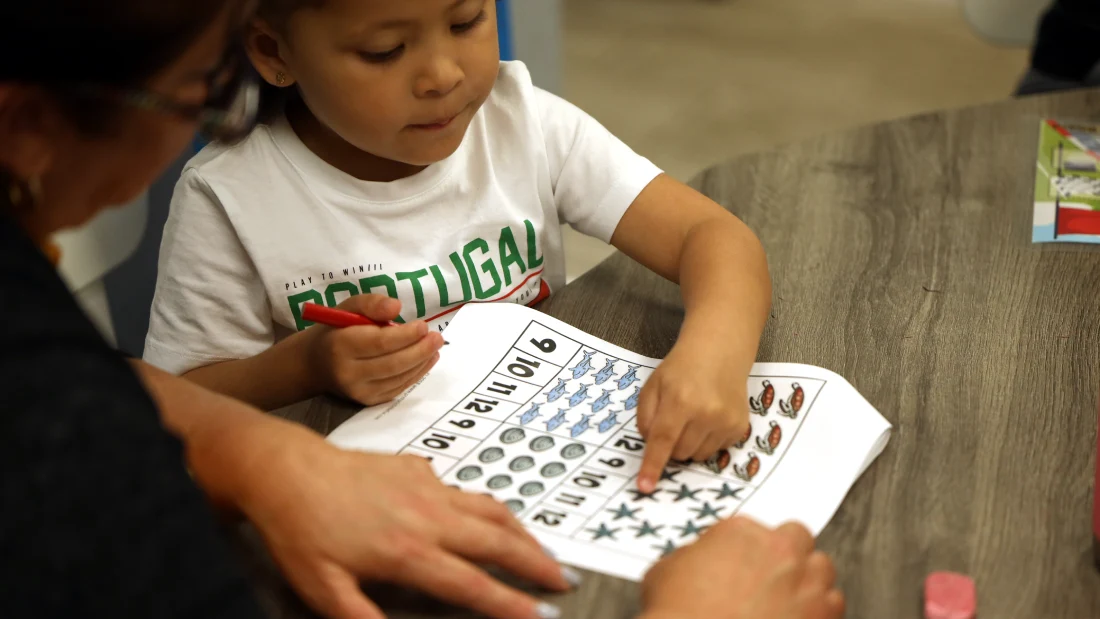
Undoubtedly, specialized centers for autism treatment provide a structured and adapted environment for children to progressively develop their social skills. Additionally, these spaces are designed to facilitate social interaction and promote meaningful connections based on science and evidence.
Therefore, the key to successful social integration for an autistic child lies in providing opportunities that respect their individual needs. In this section, we explain how these centers can be your fundamental allies in building social bonds based on the relationship between autism and friendship:
1. Adapted Environments to Reduce Social Anxiety:
- Spaces designed with controlled lighting and acoustics promote comfort in interaction.
- Structured areas allow for the establishment of safe routines that facilitate socialization.
2. Interaction Programs Led by Professionals:
- Communication workshops provide practical strategies to improve social skills.
- Structured group activities foster collaboration and respect among participants.
3. Social Events to Strengthen Connections:
- Themed gatherings and adapted celebrations allow for shared experiences without social pressure.
- Supervised recreational spaces ensure safe and enriching interactions.
4. Incorporation of Technology to Facilitate Socialization:
- Interactive applications can help improve communication in a structured environment.
- Use of digital tools to practice conversations and understand social norms.
5. Family and Community Support in the Integration Process:
- Involving family members in social activities strengthens bonds inside and outside the center.
- The connection with the community allows for a gradual expansion of the social circle.
Koala ABA & Learning Centers: Where Autism and Friendship Complement Each Other.
At Koala ABA & Learning Centers, we believe that every autistic child deserves to grow in an environment that fosters therapeutic development and human connections. Our specialists not only master ABA Therapy but also cultivate meaningful relationships with each child, creating a space for independence, communication, and friendship.
For example, our Summer Camp is recognized for combining fun and learning. It is also an ideal place for children to learn how to create and maintain lasting and meaningful friendships. Additionally, we understand that for you, finding a place where autism and friendship coexist naturally is essential, and that is what we offer you.
Why Choose Koala ABA & Learning Centers? Because we offer you:
- Specialized therapeutic intervention.
- Activities designed for personal development.
- A structured, safe, and inclusive environment.
- Real opportunities to create lasting bonds.
At Koala ABA & Learning Centers, we cultivate much more than skills: we help your child build true friendships.
If you are looking for a place where your child feels understood and supported, contact us today and strengthen your child’s social development! Discover how we can help transform their life with science and love.



